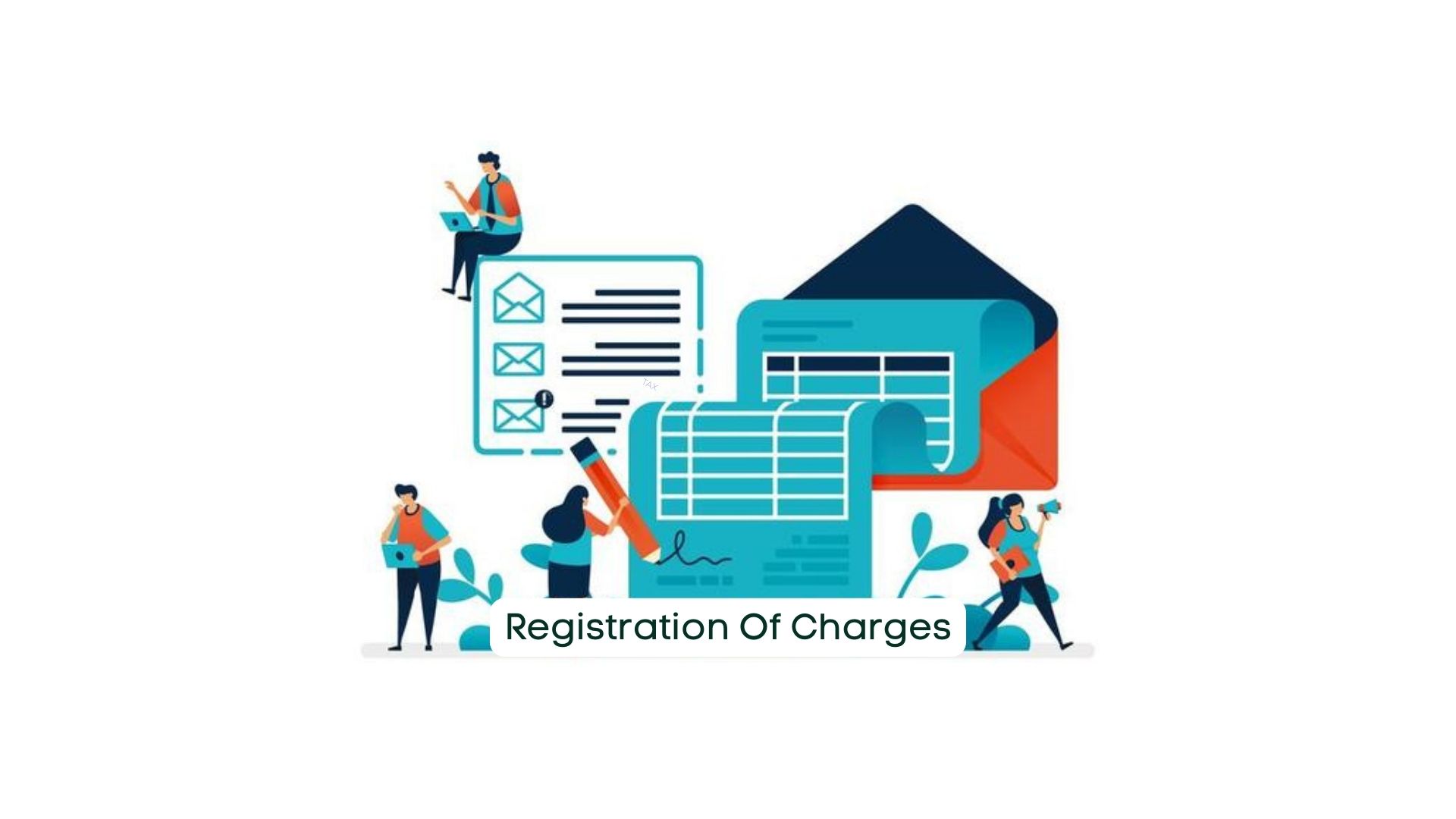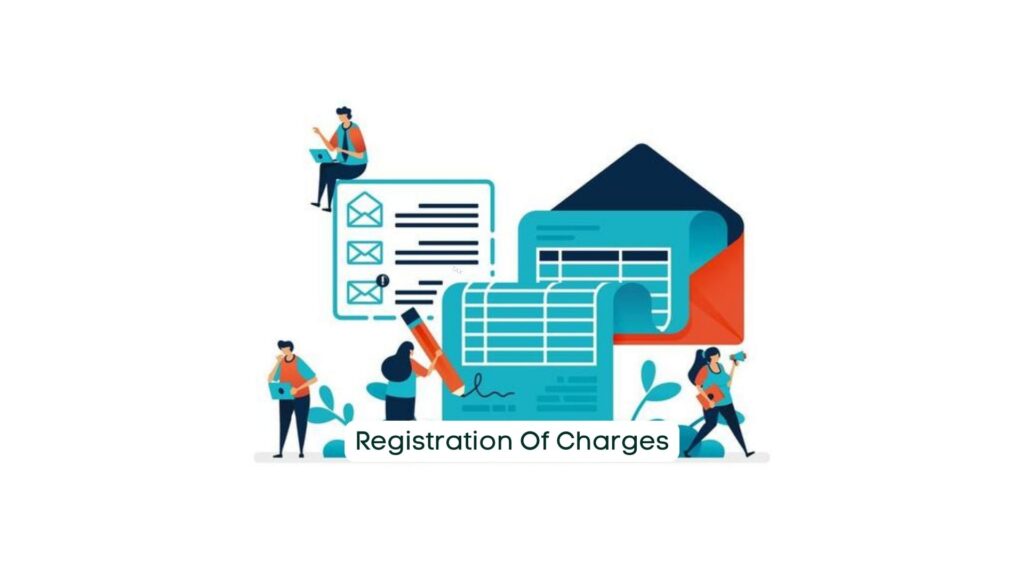
29 Feb Registration of Charges

In the realm of company law, understanding the registration of charges is paramount. A charge, as per the Companies Act, constitutes an interest or lien established on a company’s property or assets, serving as security for various transactions. This includes mortgages as well. The Companies Act mandates the registration of any charge created by a company and the maintenance of a comprehensive register for such charges.
Features of a Charge
A charge involves at least two parties: the company whose assets are charged and the individual or entity holding the charge, commonly referred to as the “charge holder.” The property subject to the charge can be current, future, or any other asset of the borrower. An agreement indicating the borrower’s intention to offer assets or properties as security, along with repayment terms and interest rates, is essential for charge creation.
Legal Definitions of Charge
The legal framework provides specific definitions for charges. According to the Companies Act, a charge encompasses interests or liens on a company’s property or assets, including mortgages. Similarly, the Transfer of Property Act defines a charge concerning immovable property being made security for the payment of money to another party.
Types of Charges
Charges under the Companies Act, 2013, are broadly categorized into Fixed Charges and Floating Charges. Fixed charges are tied to specific, identifiable properties, while floating charges encompass uncertain assets like debtors or stock-in-trade, without specific identification of assets.
Legal Obligations
Companies are legally bound to register all types of charges, whether created within or outside India. Sections 77 and 85 of the Companies Act, 2013, mandate the registration of charge particulars, signed by both the company and the charge holder, along with the relevant instruments.
Register of Charges
Every company is required to maintain a register of charges, as per Form No. CHG.7, at its registered office. This register should include all charges and floating charges affecting the company’s property or assets, with entries made promptly after the creation, modification, or satisfaction of a charge.
Inspection and Fees
The register of charges is open for inspection by members or creditors of the company without fees, while others may access it upon payment of a fee. Fees for charge registration depend on the company’s share capital and size, with additional fees applicable in case of delays.
Registration Procedures
To register a charge, a company must pass board resolutions authorizing the creation of charges and file particulars of charges within 30 days using e-Form No. CHG-1 or Form No. CHG – 9 for debentures. The required documents include certified copies of instruments evidencing charge creation or modification, resolutions, sanction letters, among others.
Conclusive Evidence
Upon registration, the registrar issues a certificate of registration of charge, serving as conclusive evidence of compliance with Chapter VI of the Act. Modifications and satisfactions of charges also follow a similar registration process, with respective certificates issued upon completion.
Conclusion
Understanding the intricacies of charge registration is crucial for companies to comply with legal obligations and ensure transparency in financial dealings. Adhering to registration procedures safeguards the interests of stakeholders and facilitates smooth business operations within the legal framework.


No Comments